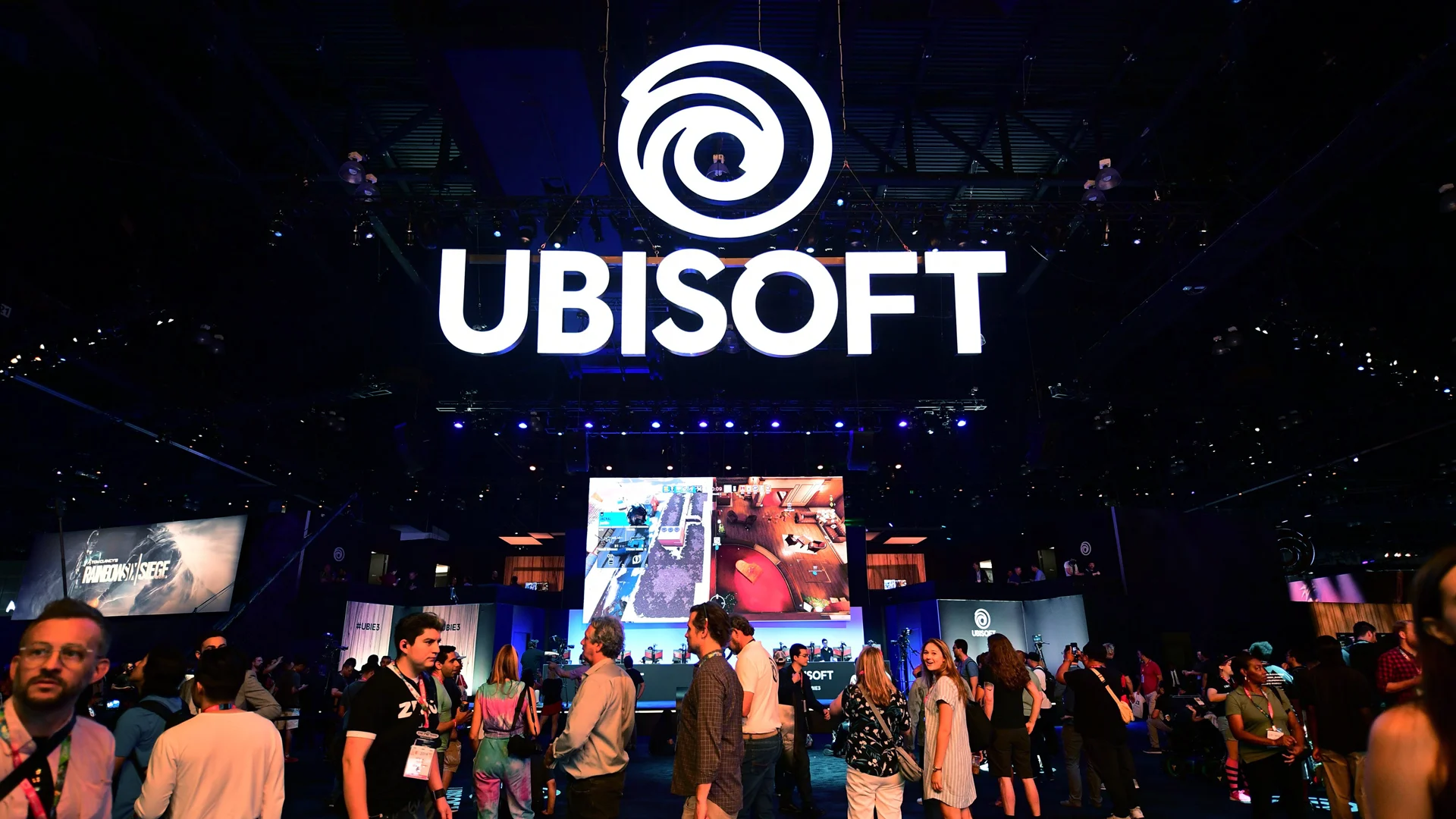In a rare moment of confrontation, Ubisoft's CEO Yves Guillemot was faced with tough questions from a shareholder and gamer at the company's annual shareholder meeting in Paris. The exchange, which took place on July 10, saw the shareholder pressing Guillemot on two of the most contentious issues surrounding the company: the inclusion of a Black samurai in the upcoming Assassin's Creed Shadows, and the practice of shutting down online games, which has sparked a popular web petition. The meeting, which was live-translated and archived on Ubisoft's website, offers a fascinating glimpse into the company's inner workings and its response to criticisms from the gaming community.
The question about Assassin's Creed Shadows was posed in a blunt manner, with the shareholder asking Guillemot if the company was "woke or not woke" in its decision to include a Black samurai as a playable protagonist. Guillemot's response was measured, stating that the company wanted to showcase characters with heroic journeys, regardless of their background. This exchange highlights the ongoing debate about representation and diversity in the gaming industry, and the challenges that companies like Ubisoft face in navigating these complex issues. By including diverse characters and storylines, Ubisoft is attempting to broaden its appeal and reflect the changing demographics of the gaming community.
The issue of game shutdowns, which has sparked the Stop Killing Games movement, is a more pressing concern for many gamers. The shareholder asked Guillemot if he supported the petition, which calls on game publishers to stop rendering aging online games unplayable. Guillemot's response was that the company is "working on" the issue, although he did not provide any further details. This issue speaks to the broader question of game preservation and the responsibility of publishers to maintain access to their titles, even after they are no longer commercially viable. As the gaming industry continues to evolve, it is likely that we will see more debates about the importance of preserving gaming history and ensuring that classic titles remain accessible to new generations of players.
The shareholder meeting also touched on other topics, including the company's financial performance and its plans for upcoming games, such as the next Ghost Recon title. Guillemot mentioned that the company is interested in producing more AA-scale games, which could help offset the risks associated with more expensive productions. This move could be seen as a response to the changing market conditions and the growing demand for more niche, mid-budget titles. Additionally, the meeting highlighted the company's efforts to protect its employees from harassment, with Guillemot emphasizing the importance of creating a safe and respectful work environment.
Ubisoft's annual report, which was published last month, provides further insights into the company's operations and its priorities. The report highlights the company's commitment to diversity and inclusion, as well as its efforts to reduce its environmental impact. It also reveals some interesting facts about the company's workforce, including the fact that the average age of its employees is increasing. This demographic shift could have significant implications for the company's culture and its approach to game development. As the gaming industry continues to evolve, it is likely that we will see more companies like Ubisoft grappling with the challenges of an aging workforce and the need to attract new talent.
In conclusion, the exchange between Guillemot and the shareholder offers a rare glimpse into the inner workings of Ubisoft and the challenges it faces in navigating the complex issues surrounding representation, game preservation, and employee welfare. As the gaming industry continues to grow and evolve, it is likely that we will see more debates about these issues and the role of companies like Ubisoft in shaping the future of gaming. By exploring these topics in a thoughtful and nuanced manner, we can gain a deeper understanding of the cultural trends and social issues that are shaping the gaming community, and the ways in which companies like Ubisoft are responding to these challenges.

